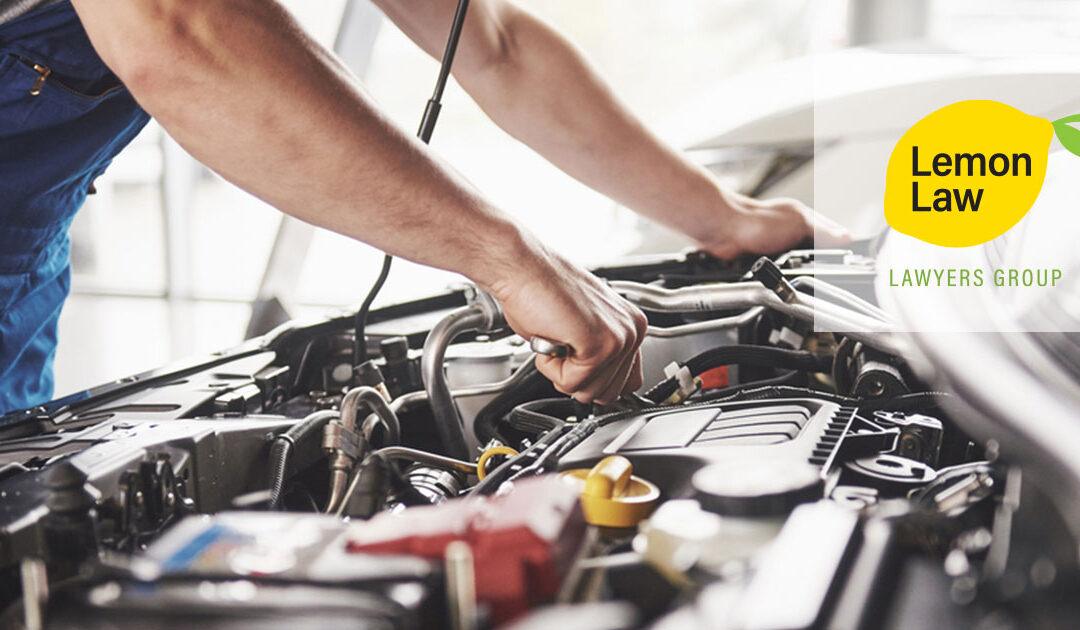
Introduction: The prospect of buying a new car is both thrilling and daunting. On one hand, you’re excited about the possibilities of hitting the road in a shiny, reliable vehicle. On the other hand, there’s always that nagging worry: What if I end up with a lemon? As a California lemon law lawyer, I’ve seen my fair share of clients grappling with this concern. While there’s no foolproof way to guarantee a lemon-free purchase, there are steps you can take to minimize the risk. In this article, I’ll share insights from my experience to help you choose a car with confidence.
Understand Lemon Laws: Before diving into car shopping, it’s crucial to understand lemon laws. These laws vary from state to state but generally provide legal protections for consumers who purchase or lease defective vehicles, often referred to as “lemons.” In California, the lemon law is particularly robust, offering strong protections to consumers who find themselves with a lemon. Under the California Lemon Law, manufacturers are required to repair defects covered by the warranty within a reasonable number of repair attempts. If they fail to do so, the consumer may be entitled to relief, such as a refund or a replacement vehicle.
While Lemon Laws offer valuable recourse for consumers, they shouldn’t be your only line of defense against purchasing a lemon. Instead, consider them as a safety net in case things go awry despite your best efforts to make an informed decision.
Research Reliability and Consumer Reviews: One of the most effective ways to avoid buying a lemon is to research the reliability of the vehicles you’re considering. Look for consumer reviews, reliability ratings, and reports from reputable sources such as Consumer Reports, J.D. Power, and Edmunds. These resources provide insights into common issues, owner satisfaction, and overall reliability for various makes and models.
Pay attention to recurring complaints or patterns of problems reported by owners. While every car may have its quirks, frequent complaints about serious issues such as transmission problems, engine failures, or electrical malfunctions could be red flags indicating potential reliability issues.
Research Manufacturer and Model Recalls: Before finalizing your decision, check for any recalls or safety-related issues associated with the make and model you’re interested in. The National Highway Traffic Safety Administration (NHTSA) maintains a database of recalls and safety-related defects for vehicles sold in the United States. You can search for recalls by make, model, and model year to see if the vehicle you’re considering has any outstanding recalls that need to be addressed.
Keep in mind that recalls are not necessarily indicative of a lemon, as they can affect a wide range of vehicles for various reasons. However, being aware of any recalls associated with a particular make and model can help you make an informed decision and ensure that any safety-related issues are addressed before purchasing the vehicle.
Inspect and Test Drive Thoroughly: Once you’ve narrowed down your choices, it’s time to inspect and test drive the vehicles in person. Pay close attention to both the exterior and interior condition of the car, looking for signs of wear, damage, or poor maintenance. Check for any unusual odors, stains, or unusual sounds that could indicate underlying issues.
During the test drive, take the car through a variety of driving conditions, including city streets, highways, and uneven terrain, to assess its performance and handling. Pay attention to how the car accelerates, brakes, and steers, and listen for any unusual noises or vibrations.
If possible, have the vehicle inspected by a trusted mechanic or qualified technician before making a purchase. A professional inspection can uncover hidden issues or potential problems that may not be apparent during a standard test drive, helping you make a more informed decision and avoid purchasing a lemon.
Conclusion: While there’s no foolproof way to guarantee a lemon-free car purchase, taking proactive steps to research, inspect, and test drive vehicles can help minimize the risk and increase the likelihood of a satisfying ownership experience. By understanding lemon laws, researching reliability and consumer reviews, considering certified pre-owned vehicles, checking for recalls, inspecting and test driving thoroughly, and considering extended warranty coverage, you can make a more informed decision and choose a car with confidence. If you find yourself with a lemon despite your best efforts, remember that lemon laws are in place to protect consumers, and seeking legal guidance from a qualified lemon law lawyer can help you understand your rights and options for recourse.
Lemon Law Lawyers Group
32605 Temecula Parkway
Suite 101, Temecula, CA 92592
Phone: (951) 324-4111
Fax: (951) 602-6520
[email protected]
Contact Us
Send message
Live chat
Schedule meeting
Disclaimer
The founder and owner of Lemon Law Lawyers Group, Inc. is Erika N. Kavicky, State Bar No. 225052. This website does not create an attorney client relationship nor does it provide legal advice. Any results posted on the website are not guarantees, warranties, or predictions on how your case may turn out. This website is intended for legal advertisement as allowable by the California State Bar.

To Buy or Not to Buy: Understanding Service Contracts When Purchasing a New Car
Introduction: Purchasing a new car is an exciting experience, but it can also come with its fair share of decisions and considerations. One such decision often presented to buyers is whether or not to invest in a service contract offered by the dealer. As a California...

Understanding the Importance of Giving Manufacturers a Reasonable Number of Repair Opportunities for Your New Car Under Warranty
Introduction: Purchasing a new car is an exciting milestone for many consumers. However, when a new vehicle experiences persistent issues or defects, it can quickly turn into a frustrating and disappointing experience. Fortunately, consumers in California are...

What Happens After the Manufacturer Buys Back Your Lemon
Introduction: Discovering that your newly purchased vehicle is a lemon can be a frustrating and disappointing experience. Fortunately, California lemon laws provide consumers with legal protections and remedies in such situations. If your vehicle qualifies as a lemon...

Can I Lemon My Car and Still Keep It? Understanding Your Options from a California Lemon Law Lawyer’s Perspective
Introduction: Discovering that your newly purchased car is a lemon can be a frustrating and stressful experience. Fortunately, California lemon laws provide consumers with legal protections and remedies in such situations. But what if you want to keep your car despite...